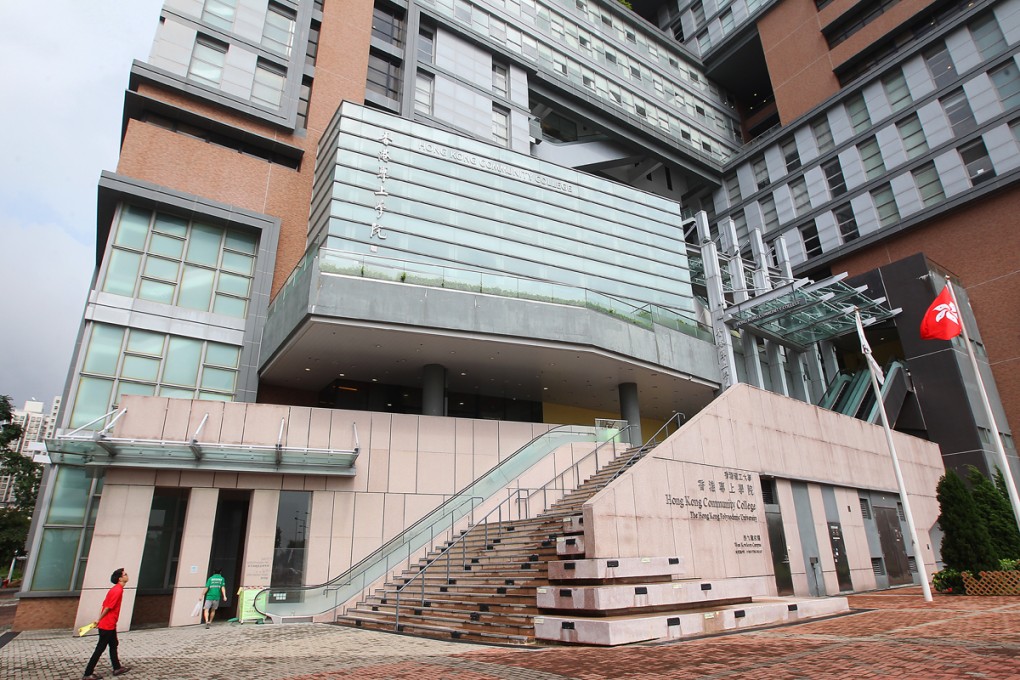Subdegree students show they have the right attitude
Community colleges turning out youngsters who are determined to succeed in the world

These days, we have more secondary school graduates enrolled in subdegree and higher diploma programmes than degree courses. Not that they prefer to do it that way, but the reality is the city does not have enough degree places to offer.
The story began with the government's policy address of 2000. Here is an extract of articles 66 and 67 of the speech.
Article 66: "In developed countries and some major cities in Asia, up to 60 per cent of senior secondary school graduates pursue tertiary education. For Hong Kong, however, the rate is just about half of that. Not only are we lagging far behind, but we are failing to meet the needs of a knowledge-based economy. It is imperative to catch up. Our objective is that within 10 years, 60 per cent of our senior secondary school leavers will receive tertiary education."
Article 67: "In achieving this target, the government will facilitate tertiary institutions, private enterprises and other organisations to provide options other than the traditional sixth form education, such as professional diploma courses and subdegree courses."
As a result, a number of community colleges were launched that year to offer subdegree and higher diploma programmes, including the HKU Space Community College.
Our community colleges do not receive government funds and students have to pay for their own tertiary education. As well, the tie-ins between these new programmes and the career paths of their graduates were not that well defined at the time.
Notwithstanding this, tens of thousands of young people completed subdegree or higher diploma programmes over the past decade. Where have they gone since graduation? If you take the HKU Space college as an example, about two-thirds of the graduates went on to complete bachelor degrees, many of them at local, publicly funded universities. Some enrolled for degree courses offered locally by overseas universities and some went overseas. The rest either joined the workforce or went into business on their own.